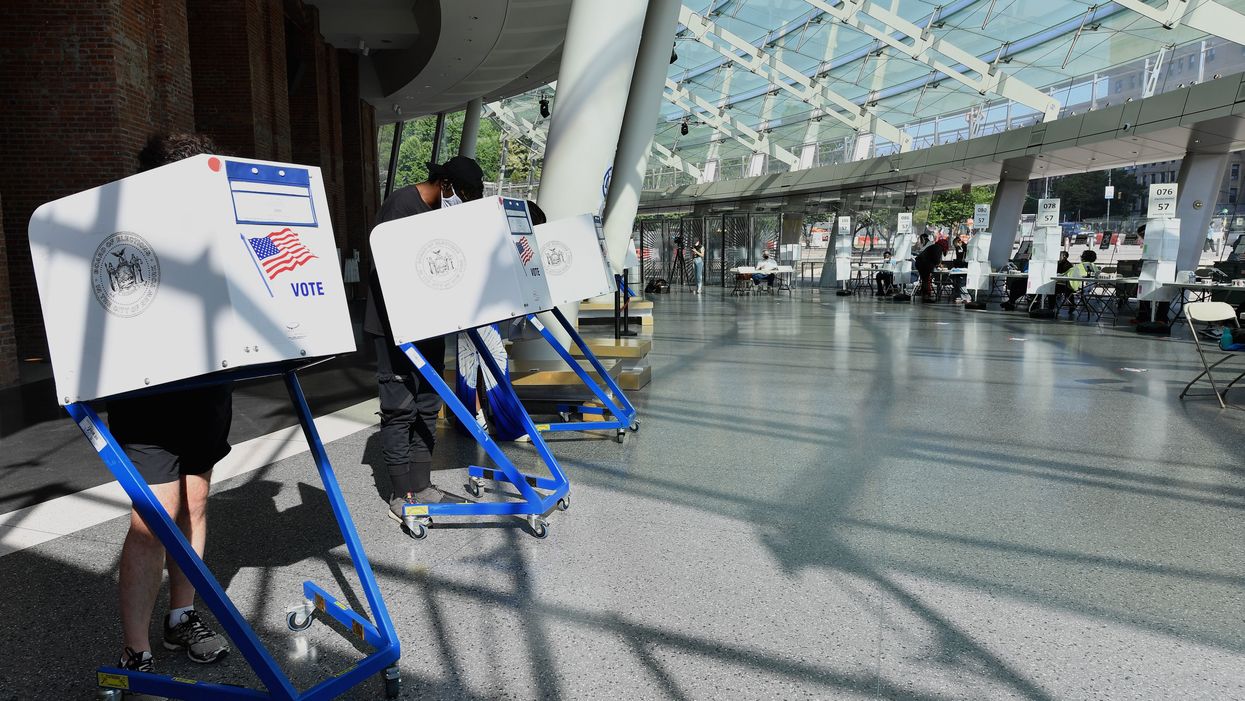New York lawmakers passed a bill this week to establish automatic voter registration, making it the second most populous state to do so.
The state Senate passed the measure Wednesday and the Assembly followed suit a day later, sending the legislation to Gov. Andrew Cuomo's desk. If AVR gets the Democratic governor's approval, it will go into effect at the start of 2023.
Easing the voter registration process has been a growing movement across the country. Over the last five years, 19 other states (including California, the most populous state) and D.C. have enacted AVR, and all but three of these states have the process set up for this year's election.
The Democratic lawmakers who pushed the bill through this session say AVR will help register 2 million New Yorkers who are eligible to vote but are not currently on the rolls.
But because this registration process won't go into effect for another three years, New Yorkers not on the voter rolls will need to register online or by mail by Oct. 9 to vote in the November election.
Once AVR goes into effect, New Yorkers will be automatically registered, unless they wish to opt out, when they visit the DMV or another state agency.
"At a time when some states are trying to make it harder for people to vote, it's great to see New York moving closer to a reform that has dramatically increased registration every place it has been implemented," said Sean Morales-Doyle of the Brennan Center for Justice, a prominent progressive, good-government group that advocates for voting easements and other democracy reforms.




















Trump & Hegseth gave Mark Kelly a huge 2028 gift